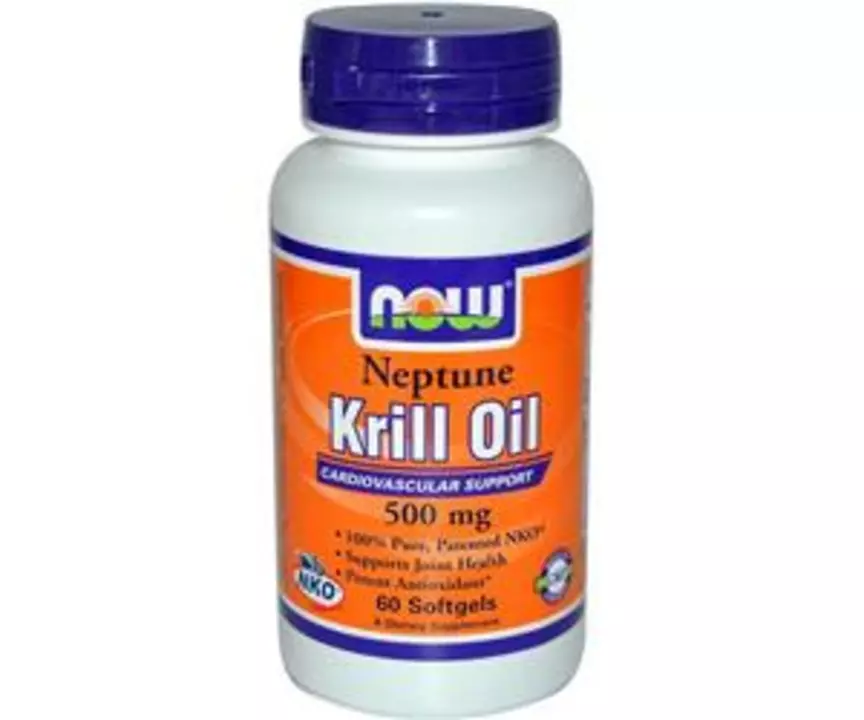Krill Oil: Benefits, Dosage, and How to Choose
Krill oil delivers omega-3s in a form your body may absorb better than regular fish oil. Many people try it for heart, joint, and brain support. It's also rich in astaxanthin, a natural antioxidant that helps keep the oil stable. Below you'll find clear, practical advice on what krill oil does, who should take it, and how to pick a good supplement.
Benefits and evidence
Krill oil contains EPA and DHA attached to phospholipids, which can improve absorption for some people. That may mean lower doses give similar blood levels of omega-3s compared with some fish oils. Several small clinical trials report improvements in cholesterol markers, inflammation, and joint pain, but results vary by dose and study length. If you want general heart and brain support, krill oil is a reasonable choice. If you need treatment for a medical condition, talk to your doctor first.
Side effects are usually mild: fishy burps, upset stomach, and occasional headache. People with shellfish allergies should avoid krill oil. Also be careful if you take blood thinners or have a bleeding disorder—omega-3s can increase bleeding risk. Tell your healthcare provider before starting any new supplement.
Choosing and using krill oil
Standard krill oil supplements come in 250–1000 mg capsules. Look at the label for the amount of EPA and DHA rather than the total oil weight. Many products also list astaxanthin content, which helps prevent oxidation. Buy brands that show third‑party testing or a purity certificate to avoid contaminants and ensure potency.
Store krill oil in a cool, dark place and check the expiration date. Taking krill oil with food that contains fat helps absorption. Some people split the dose twice daily to reduce mild GI side effects. If cost is a concern, compare EPA/DHA per dollar rather than just price per bottle.
Think about sustainability. Krill are a key part of the ocean food chain. Choose products that mention eco-friendly harvesting or certifications. If you are pregnant, nursing, or have complex health issues, ask your clinician before using krill oil. For general wellness, a modest krill oil dose can be a simple way to boost omega-3 intake without fishy aftertaste.
Is krill oil better than fish oil? For some people the answer is yes. Because EPA and DHA in krill oil attach to phospholipids, cell uptake may be easier. That can matter if you have trouble absorbing fats or need smaller capsules. Fish oil often has higher absolute EPA and DHA per dose, so if you need high omega-3 amounts, fish oil or concentrated products may be cheaper. If you skip fish twice a week, krill supplements help.
Watch for oxidized oil. A sour or very strong fish smell means the bottle is rancid. Reputable makers list peroxide or TOTOX values on their reports. If you take prescription meds, check interactions. Keep notes on how you feel and ask your clinician for a simple blood test if you take omega-3s for cholesterol or inflammation goals.




